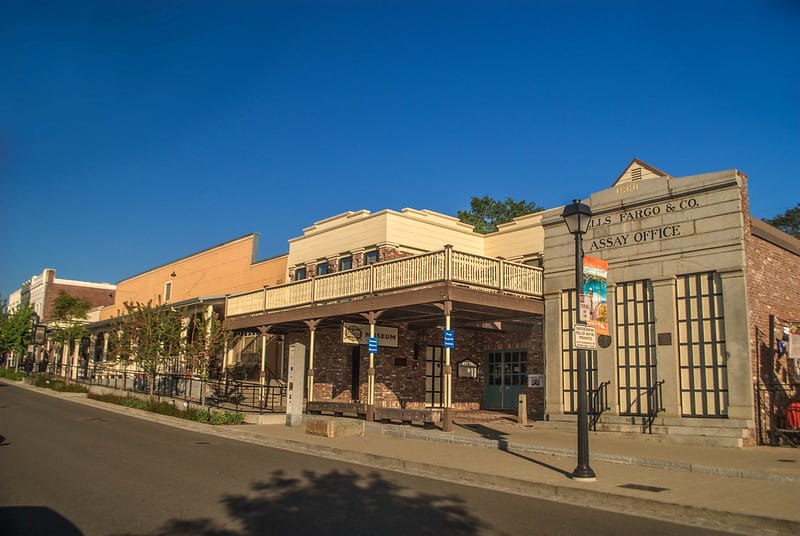By Sarah Norberg
Maybe everyone grows up underappreciating or even resenting their hometown. I distinctly remember complaining with my friends in high school about the limitations of Folsom, California — a suburb east of Sacramento — where we had grown up in privilege: boring, upper-middle class bourgeoisie with top performing public schools, low in diversity, in safe Republican state assembly/senate and congressional districts, etc. Nothing could be more stifling in our collective imaginations at the time. I felt so strongly stifled that I moved away from Folsom for over a decade. I went off to college and wanted to make more of a difference by working in pre-college and student services in an underserved area (the Salinas Valley, a majority-Latino community with many migrants). In that work, I mostly supported the children of field workers in their academic and professional growth; it was highly rewarding, but over time I became increasingly aware of the blessings afforded by my upbringing in Folsom.
Today, I would give anything to reclaim how Folsom used to be. Since the pandemic, the city’s character has changed in ways that make it unrecognizable to the place I grew up. Not all the changes have been negative: Folsom has become more racially and culturally diverse, with sizable Desi/Indian-American and Asian-American populations, and the local leadership reflects this diversity. But the community is currently embroiled in a clash over a ballot initiative in this year’s election that exemplifies the city’s identity crisis.
Folsom, as it was.
Before we get into the controversial ballot initiative, I want to briefly explain how Folsom used to be. The city was always a desirable place to live, often ranking first among family-friendly communities in California due to our public schools outperforming others on the state level. Despite being known to many outsiders as the home of Folsom State Prison (which Johnny Cash infamously sang about), we were also known as a safe community in which to raise a family, with low crime and robust parks and trails. In addition to the prison, Intel and other tech companies are major employers, offering a robust range of career opportunities.
My perspective on the Folsom of the past is uniquely informed by my family and my own career trajectory. My dad is a retired correctional officer who spent most of his career at Folsom Prison. He met my mother in Tehachapi, a waitress in her twenties who was undocumented (she had immigrated from Mexico to California alone at age 14). After I was accidentally conceived, my dad transferred to Folsom Prison for our family’s benefit; even the prison in Folsom is among the most desirable prisons to work at in the state.
Leaving Folsom, and returning.
As I grew up, I found myself drawn to education as a career path, and I felt the need to serve more marginalized student populations. Folsom was not the place to pursue that work, so in 2011 at the age of 21, I pursued a career elsewhere.
